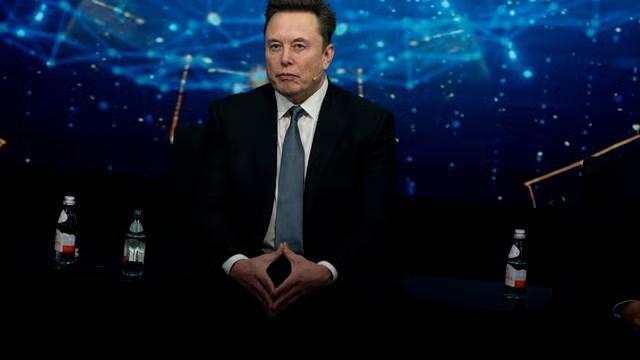
Elon Musk predicts work will be optional in 10-20 years due to AI
The world of work is on the cusp of a revolution, and according to Elon Musk, it’s going to change in ways we never thought possible. The billionaire entrepreneur and CEO of SpaceX and Tesla has predicted that within 10 to 20 years, work will become optional due to advances in artificial intelligence (AI) and robotics. This may seem like a bold claim, but Musk is known for his innovative thinking and ability to disrupt traditional industries.
Musk’s vision of the future is one where work is no longer a necessity, but rather a choice. He compares it to hobbies like sports or gardening, where people participate because they enjoy it, not because they have to. This raises interesting questions about the nature of work and how we define ourselves. If work is no longer a requirement, how will people spend their time? Will they pursue creative passions, travel, or simply relax and enjoy their free time?
The key driver behind this shift is the rapid advancement of AI and robotics. As machines become increasingly capable of performing tasks that were previously the exclusive domain of humans, the need for human labor will decrease. Musk envisions a post-scarcity economy where robots and AI systems boost productivity and lower production costs dramatically. This will lead to an abundance of goods and services, making many of the things we currently work for essentially free.
The implications of such a world are profound. If money loses its relevance, how will we define wealth and success? Will people still strive to accumulate riches, or will they focus on personal growth and fulfillment? Musk’s prediction also raises questions about the role of government and social welfare systems. If work is no longer a necessity, will governments need to provide a universal basic income to ensure that everyone’s basic needs are met?
One of the most significant challenges in achieving a post-scarcity economy is the potential for widespread job displacement. As machines take over tasks currently performed by humans, many people may find themselves without work. This could lead to significant social and economic disruption, particularly if the transition is not managed carefully. However, Musk believes that the benefits of a post-scarcity economy will far outweigh the costs.
Musk is not the only one who thinks that AI and automation will have a profound impact on the world of work. Many experts predict that up to 50% of current jobs will be automated in the next 20 years, leading to significant changes in the way we work and live. While this may seem like a daunting prospect, it also presents opportunities for people to pursue new and innovative careers that we cannot yet imagine.
So, is Musk’s prediction of a post-scarcity economy where work is optional realistic? While it’s difficult to predict exactly how the future will unfold, it’s clear that AI and robotics are already having a significant impact on the world of work. As these technologies continue to advance, it’s likely that we will see significant changes in the way we work and live.
In conclusion, Elon Musk’s prediction that work will be optional in 10-20 years due to AI and robotics is a fascinating and thought-provoking idea. While it’s uncertain whether his vision will become a reality, it’s clear that the world of work is on the cusp of significant change. As we move forward, it’s essential to consider the potential implications of a post-scarcity economy and to start thinking about how we can prepare for a future where work is no longer a necessity.
As we ponder the possibilities of a world where work is optional, it’s essential to remember that the future is not yet written. The choices we make today will shape the world of tomorrow, and it’s up to us to ensure that the benefits of technological advancements are shared by all.




